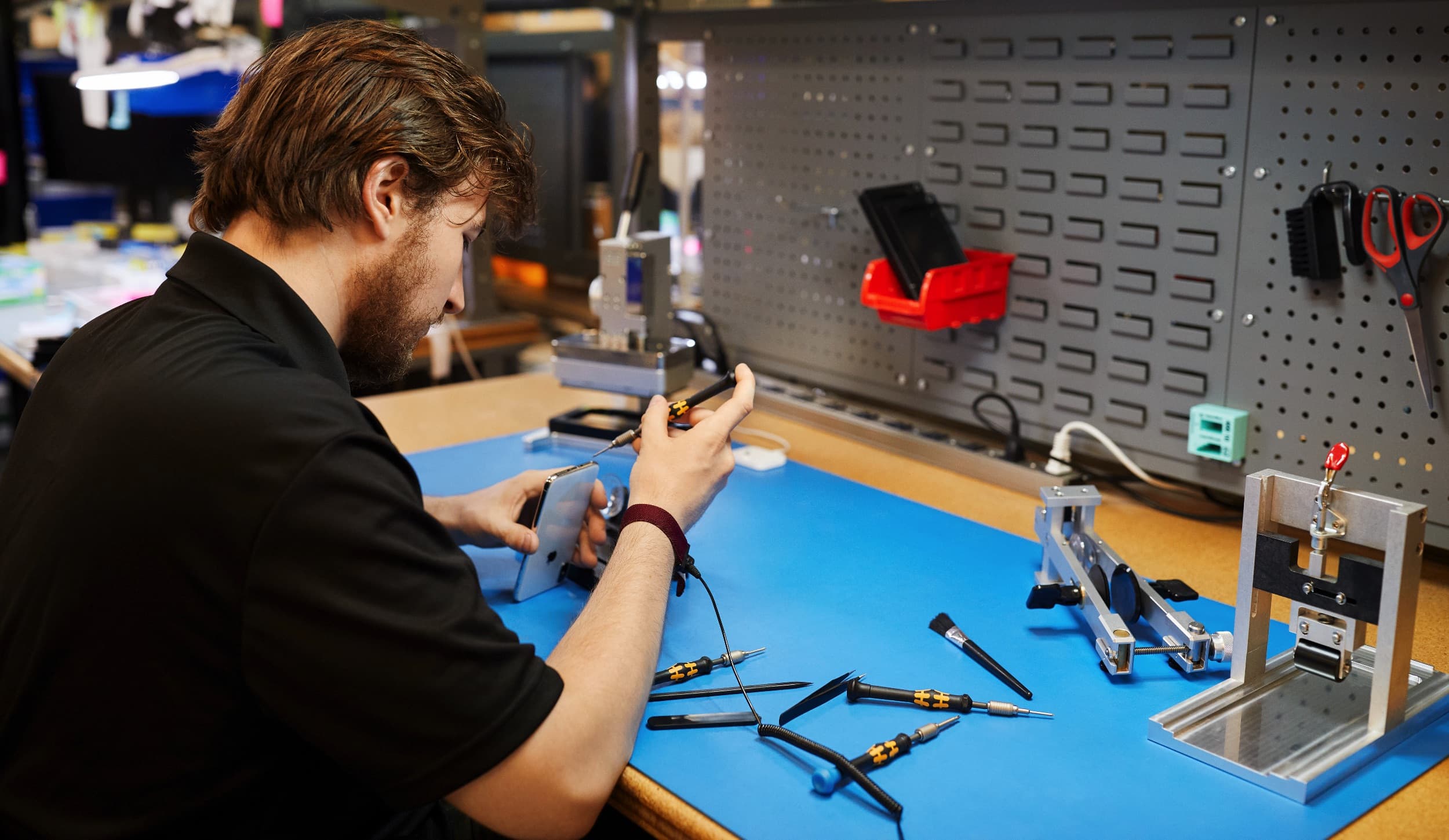Apple told the US Congress that it doesn’t profit from making repairs to iPhones or Macs.
And it defended its practice of only selling genuine Apple parts to companies that have technicians trained to install them.
The House of Representatives Judiciary Committee is probing the tech industry, looking for anti-competitive business practices. The lawmakers sent a series of questions to Apple, as well as Google, Amazon and Facebook.
Apple repairs aren‘t profitable
Congress asked Apple “Why does Apple prevent independent repair stores from accessing many of Apple’s spare parts and repair manuals? Isn’t this just a way for Apple to elbow out competition and extend its monopoly into the market for repairs?”
The iPhone’s makers response was that its products are “complex, very technical machines.” And they need trained technicians to repair them. “Repairs performed by untrained technicians might not follow proper safety and repair procedures and could result in improper function, product quality issues or safety events,” according to its written answer.
And Apple makes no profit from its repair business. “For each year since 2009, the costs of providing repair services has exceeded the revenue generated by repairs,” it said. The inference being, Apple has no reason to want to monopolize an unprofitable business.
Besides, the Apple Authorized Service Provider program is expanding, with every Best Buy store now an AASP. And there’s a new independent repair provider program.
Using an unauthorized tech isn’t the end of the line
Some companies refuse to work on a computer, car, or gaming console if an unauthorized technician tries to repair it. Apple isn’t one of these.
“Apple does not automatically reject service for a device that show attempts by third parties to perform repairs,” it told Congress in response to a question. “Similarly, the presence of non-Apple genuine components that are designed to mimic the function of Apple genuine components, even if those components infringe on Apple’s intellectual property, does not automatically make the device ineligible for service by Apple.”
Source: US House of Representatives


